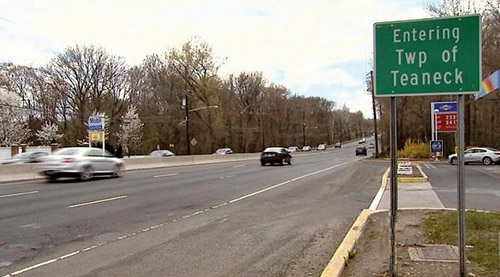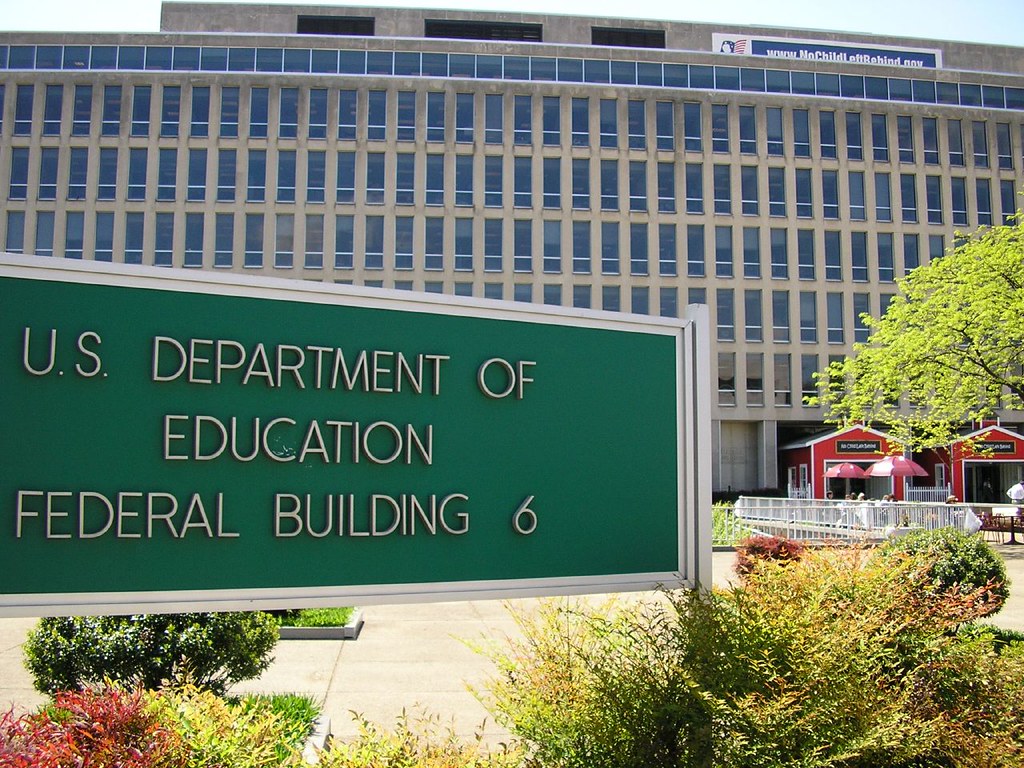
On Thursday, June 6, the Township of Teaneck held a town council meeting to discuss various topics; however, the most popular and hotly disputed topic at hand was the discussion of the Greenbelt on Route 4. The Greenbelt is the largely undeveloped 2½-mile section of the highway that goes through Teaneck. Larry Robertson, the township historian, said, “The township’s wooded buffer along the highway, known as the Greenbelt, dates back to the construction of Route 4 in the early 1930s.”
The emotion in the room was palpable as the crowd had strong opinions that were either for or against the development of the Greenbelt.
Earlier this year, the council had recommended that the one-acre lot should be rezoned and sold, so as to bring in income for the town and to provide space for billboards. However, it appears the Greenbelt is protected under the state’s Green Acres program and cannot be sold.
In his opening remarks regarding the Greenbelt at Thursday’s meeting, Mayor Mohammed Hameeduddin said that in the May council meeting, they talked about rezoning the Segal and Segal property, as well as the land that is adjacent to Route 4 that Teaneck owns. At that meeting, he explained, township officials ordered a title search “because a gentleman got up and talked about some deed restrictions, as well as people who had standing regarding that zone.” Hameeduddin explained that the title report hasn’t come back yet, but they received a letter from Green Acres with a deed that shows that the town “will not be able to have a viable zoning ordinance or any kind of thing that could be built on there that would bring value to Teaneck.”
The mayor continued, “If that deed, and chances are 95 percent of that deed and everything they said is true, there is no way that piece of land is ever going to be built on, it can’t be built on. It’s that simple.”
“We will of course follow the laws of the state, and this matter appears to be over,” said Councilman Mark Schwartz, who is also JLNJ’s co-publisher. “That being said we will continue to look for all sources of revenue as we strive for our fourth straight zero-percent tax increase.”
The meeting was packed with people who were primarily happy about the mayor’s statement regarding the Greenbelt. When he announced that the Greenbelt can most likely never be built on, the majority of the audience applauded enthusiastically; however, many people felt the need to register their opinions regarding this issue.
David Scharf brought in a packet of petitions with almost 800 signatures. The petition was called “Preserve Teaneck’s historic Route 4 Greenbelt” and started off by saying, “We, the undersigned Teaneck residents, oppose the township council’s efforts to build a self storage facility on the one acre wooded site.”
Devorah Teigman, a Teaneck resident who expressed her opposition to the development of the Greenbelt said, “Let me stress that the residents understand and fully appreciate the need for this town as all others to raise revenue. It is a difficult and unenviable task. We likewise appreciate the time and effort that council members expend in furtherance of their service on this council and understand the challenges such service can entail.
“But as elected members of the Teaneck government, and pursuant to your duty to the residents you represent, it is incumbent upon you to raise revenue and advise development plans in a responsible, transparent and appropriate manner,” Teigman continued.
Schwartz felt the need to ensure that the facts on responsibility and transparency were clear to all. “Between the Teaneck Planning Board that I sit on and the Teaneck Council, this was our fifth, if not sixth, open meeting on this matter, in addition to newspaper publications, agendas on township websites as well as social media postings on personal and group forums,” he explained.
On the other side of the spectrum, Howard Segal, from Segal and Segal, fought for the development of the Greenbelt. Segal explained that changing one particular lot in the Greenbelt, which will help the town gain a sum of money, is not going to change the character of the town. He reasoned, “The fact is, is that you’re collecting $20,000 a year. Does $300,000 make a difference? Not a big difference, but, maybe it saves some programs. Maybe it saves some jobs… as council, you have to be courageous when you want to do something specific to try to help the town, which is keeping the taxes stable. Because the thing that’s going to change the character of the town is when people can’t afford to come here anymore; you won’t have the diversity that makes this town so good, all of the programs, which includes the tremendous police department, and the paid fire department. All of that is here and has made this town very successful.”
By Miri Wagner
Miri Wagner is a Queens College junior and a summer intern at The Jewish Link.











